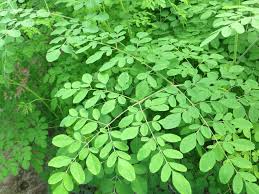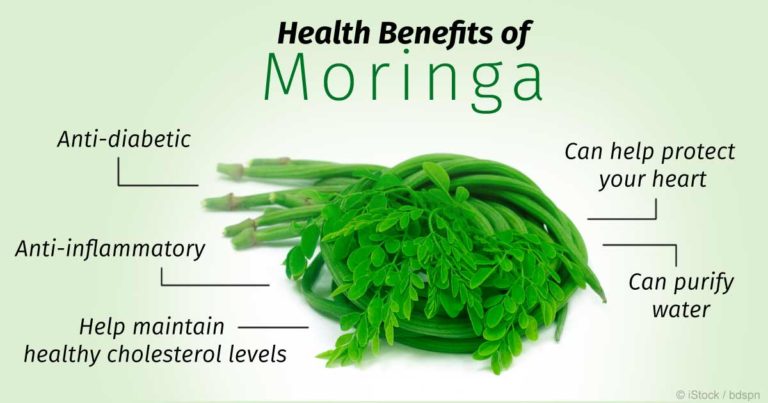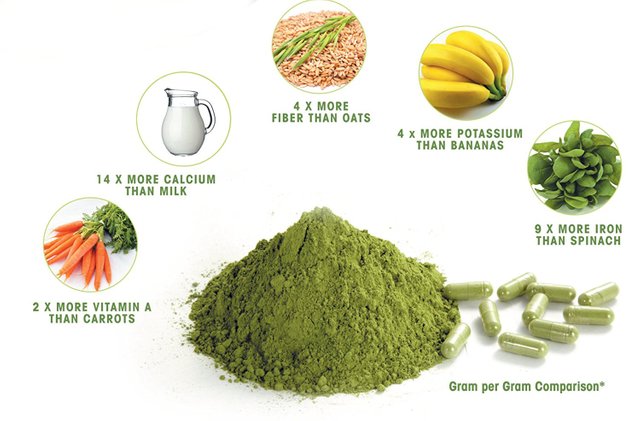I wanted to make this post since I was very interesting and many of the people do not know the moringa medicinal tree, 10 years ago my grandmother was diagnosed with diabetes and we thought that there was no cure and my grandmother was very depressed at that time then a friendship of us told us about the fabulous plant and its fantastic benefit, my grandmother lasted almost two and a half years taking the water of the moringa fasting and before sleeping and her sugar level stabilized thanks to God has already been cured and when we went to the doctor his change was amazing amazing to believe but true,Here I write some details and information of the tree:
Moringa oleifera is a fast-growing tree native to South Asia and now found throughout the tropics. Traditional medicine has used its leaves for centuries, and the Ayurvedic system of medicine relates them to the treatment and prevention of around 300 evils.
Moringa, sometimes described as the "miraculous tree", "ramrod tree" or "horseradish tree" has small, rounded leaves, which are filled with an incredible amount of nutrients: protein, calcium, beta carotene, vitamin C, potassium ... what you ask for, moringa has it. It has rightly been used medicinally (and as a food source) for at least 4,000 years.
The fact that moringa grows quickly and easily, makes it particularly attractive in impoverished areas, and has been used successfully to improve nutrient intake in Malawi, Senegal and India. In these areas, moringa could be the most nutritious food available locally and can be harvested throughout the year.
Personally, I grew a moringa tree for two years and I can guarantee that it grows as a weed. For those people who live in third world countries, it can certainly be a valuable source of nutrients.
However, I do not recommend that you plant one for health reasons in your yard, since the leaves are very small and harvesting the leaves of the stem for consumption is an extremely tedious and time-consuming task.
.jpg)
Reasons why Moringa is considered a Super Food, Moringa leaves are loaded with vitamins, minerals, essential amino acids and more. One hundred grams of dried moringa leaf contain:
9 times the yogurt protein
10 times the vitamin A of carrots
15 times the potassium of bananas
17 times the calcium in milk
12 times the vitamin C of the oranges
25 times the iron of the spinach.
Moringa leaves are rich in antioxidants, among which we find vitamin C, beta-carotene, quercetin and chlorogenic acid. The latter, chlorogenic acid, has been shown to decrease the absorption of sugar in cells and studies with animals have found that it reduces blood sugar levels. According to the Asian Pacific Journal of Cancer.
Moringa seems to have antidiabetic effects7, probably thanks to beneficial plant compounds found in leaves, such as isothiocyanates. One study found that women who took seven grams of moringa leaf powder daily for three months reduced their fasting blood sugar by 13.5 percent.8
Some separate research revealed that adding 50 grams of moringa leaves to a meal reduced the blood sugar increase by 21 percent among patients with diabetes,Moringa Leaves Could Even Purify Water ... And More
From a digestive point of view, moringa is high in fiber that, as the Epoch Times says, "works like a mop for the intestines ... to clean up any garbage left over from a fatty diet. Also, its isothiocyanates are worthy of Attention, as they have antibacterial properties that can help eliminate H. pylori bacteria, which is involved in gastritis, ulcers and gastric cancer. Moringa seeds have been shown to purify water better than many conventional synthetic materials. currently use.
How to use Moringa
If you have access to a moringa tree, you can use the fresh leaves in your food; Its flavor is similar to radish. Consume them as a salad, mixed in their smoothies or boiled like spinach. Another option is to use moringa powder, either as a supplement or in smoothies, soups and other foods to get more nutrients. Moringa powder has a distinctive "green" flavor, so perhaps you should start adding it to your meals little by little.
You can also use moringa oil (or ben oil) organic and cold pressed, although it is expensive (about 15 times more than olive oil). As I mentioned earlier, although I do not necessarily recommend that you plant a moringa tree in your backyard (a fast-growing tree can measure between 15 and 30 feet in a few years), it would be good to test the leaves or dust if you find it in the healthy food market in your locality.
